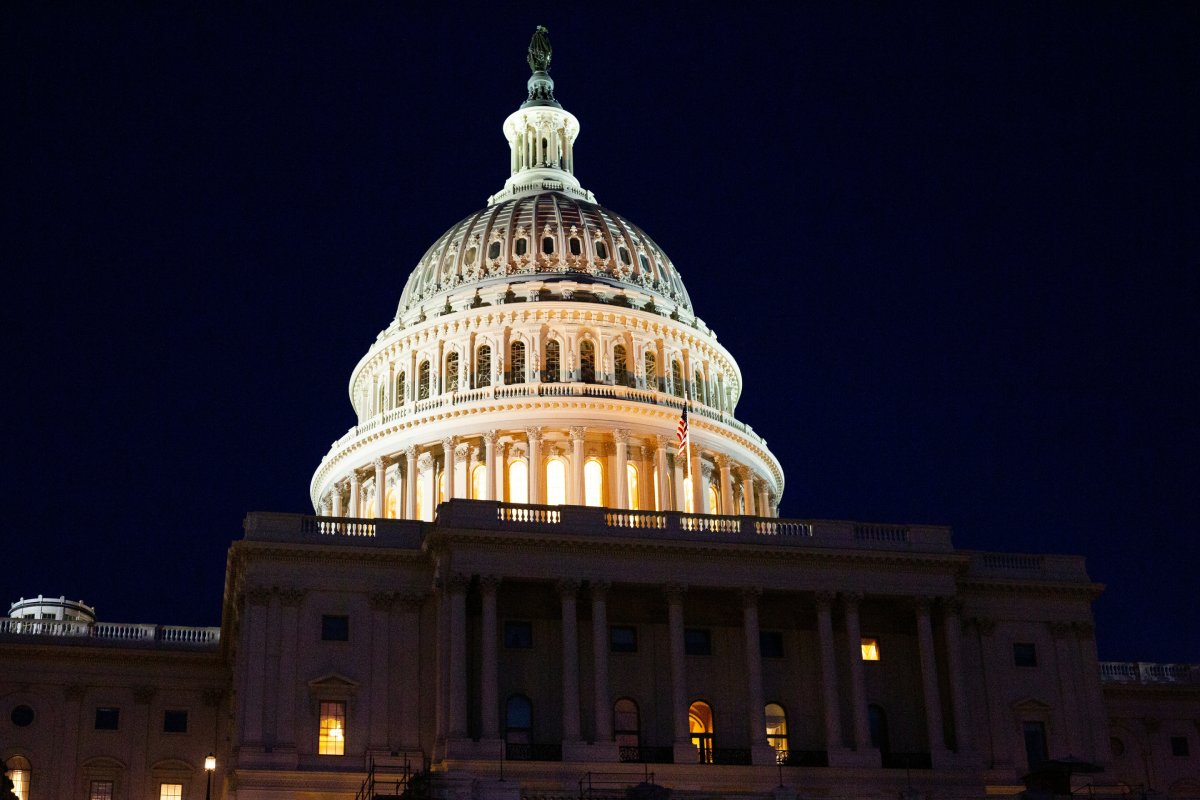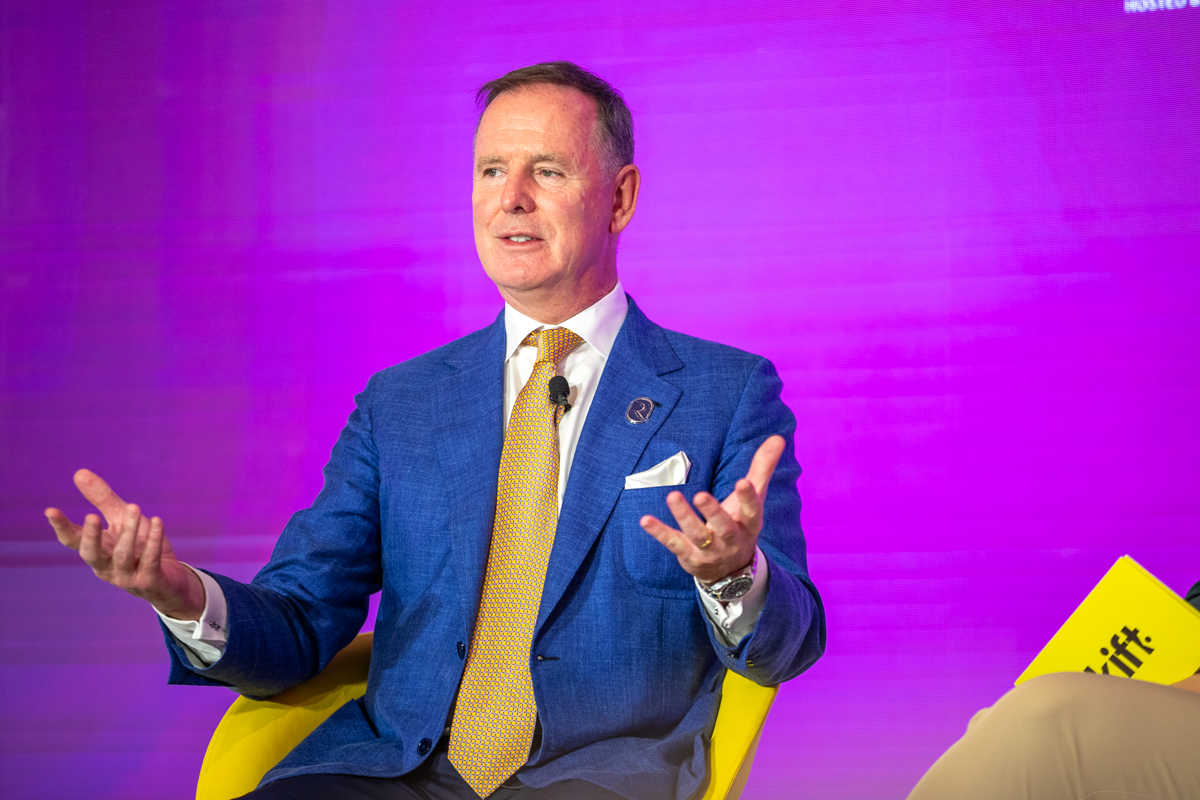What the Leisure-Led Travel Recovery Means for Future Hotel Development
Skift Take

Early Check-In
Editor’s Note: Skift Senior Hospitality Editor Sean O’Neill brings readers exclusive reporting and insights into hotel deals and development, and how those trends are making an impact across the travel industry.Anyone expecting a radically new hotel development playbook to emerge from the pandemic is sorely mistaken. Instead, development pipelines at major companies like Marriott and Hyatt are now informed by travel trends already underway prior to the health crisis.
A leisure-led recovery in hotel performance continued to dominate the narrative on third quarter earnings season. All the major hotel companies reported profits this cycle — a first during the pandemic — and that almost entirely had to do with summer leisure travel picking up the slack from suffering business travel demand.
This shouldn’t be that much of a surprise: Marriott leaders last week noted on their earnings call leisure demand was accelerating as far back as 2010.
But the notable development indicator is just how much hotel companies expect leisure travel to continue to dominate the recovery in the years ahead. Marriott leaders don't think the leisure recovery is likely to dissipate next year, even if there is a notable return to in-person work at offices. Instead, Marriott is focusing on the idea of blended business and leisure travel remaining a post-pandemic legacy.
“We continue to be quite bullish about leisure. We think there is a lot more runway in terms of this leisure-led recovery,” Marriott CEO Anthony Capuano said last week on an investor call. “We absolutely believe that leisure can continue to grow into 2022.”
This doesn’t mean hotel companies are abandoning the notion of developing properties geared toward business travelers in major cities around the world. The CEOs at all the major companies, from Marriott to Hyatt, noted reviving business transient demand underway despite the Delta variant pushing the return to the office until later this year or early next.
But amid that business travel optimism was chatter of the growing importance of travel from smaller businesses rather than the major corporate contracts. That shift shows how much uncertainty remains with the largest businesses and their return to the office and the corporate travel that usually accompanies it.
When it comes to putting shovels in the ground, the best-positioned hotel companies are going to be the ones with a good grip on leisure and luxury. Wyndham, Hyatt, and Marriott wouldn’t have each made moves to beef up their all-inclusive resort offerings in the last year if that weren’t the case.
IHG’s new high-end soft brand collection of hotels, while not a standalone all-inclusive offering, enables the company to tap into the all-inclusive resort space, the company’s CEO Keith Barr said on an investor call earlier this year. Marriott similarly does this with its Autograph Collection.
A Reminder on All-Inclusive Resorts: Traditional companies getting into all-inclusive resorts isn’t a new idea for 2021. Wyndham, Hyatt, and Marriott all had some form of all-inclusive offering for years before their more recent push on the gas pedal into larger portfolios or standalone brand offerings.
But the accelerating expansion into the sector shows just how important leisure travel has become for the development community.
Hyatt is particularly bullish on the sector, as evidenced by its recent $2.7 billion Apple Leisure Group acquisition. Company leaders last week noted the “brand-defining” deal will ramp up the Hyatt development pipeline in a similar vein as the acquisition of Two Roads Hospitality, the former owner of brands like Thompson Hotels, Alila Hotels & Resorts, and Joie de Vivre Hotels.
The Apple Leisure Group deal notably gives Hyatt a significant leg up into Europe, boosting the company footprint there by 60 percent. But it also significantly ramps up the company’s profile in more leisure destinations. Hyatt is now the largest operator of luxury hotels in Mexico and the Caribbean following the takeover, thanks to Apple Leisure’s AMResorts portfolio.
“We also expect the ALG brands to drive accretive rooms well into the future similar to what we've achieved with our Two Roads Hospitality acquisition in 2018, which has been a significant driver of growth for Hyatt this year, including conversions and expansion of our pipeline,” Hyatt CEO Mark Hoplamazian said last week.
Luxury Financing: Marriott’s leadership team provided details on just how significant the upside is in pushing ahead with more high-end developments, despite how capital-intensive they can be. The returns make these projects pencil out going forward, Capuano said in defense of an analyst question regarding Marriott’s higher pipeline of high-end hotels than its competitors.
The fee potential of what Marriott could collect from a Ritz-Carlton is roughly 10 times as much as what it would get from a more affordable brand like a Fairfield Inn. The pandemic showed how leisure travelers are willing to pay more for vacations, whether it’s a nicer hotel room or a premium seat on an airline. Real estate developers should take note when they’re considering what brand flag to attach to a future project.
“They are more complex projects. They are more capital-intensive projects. The complexities of getting them financed are not insignificant,” Capuano said of luxury hotels. “But as evidenced by the volume of luxury and upper upscale in our portfolio, the strength of our brands, command [a] pretty effective ability to source debt for those projects.”
“In leisure destinations, the premiums we've seen in luxury rates over the last couple of quarters have been extraordinary,” he added.
Less Can Lead to More
Quantity doesn’t equate quality — that’s the message hotel companies of all sizes conveyed over the last few weeks on earnings calls. While publicly traded companies must show signs of growth to appease shareholders, several top hotel groups also highlighted how many hotel contracts were cancelled as part of a way to cut losses and elevate brand appeal.
Wyndham, Choice Hotels, and IHG leaders all touted room deletions as necessary to remove bad eggs from their networks and drive higher customer satisfaction scores as well as rooms revenue.
IHG expects to complete its review of 200 under-performing Holiday Inn and Crowne Plaza hotels later this year, with as many as 130 of those hotels slated to leave the company portfolio.
“The remainder are committing to a significant improvement, which will be great because it significantly raises the quality of those brands,” Paul Edgecliffe-Johnson, IHG’s chief financial officer, said on an investor call last month.
Wyndham removed 20,000 rooms from its network for similar reasons while Choice Hotels is underway with its own quality checks of underperforming hotels.
Choice Hotels leaders didn’t give a specific number of how many hotels were part of their own review, but the move comes as company leaders indicated they were primarily focused on extended-stay brands as well as their middle-market and higher-end brands like Comfort and Cambria.
“We believe that these actions will not only ensure an even stronger brand portfolio over the long term, but we also expect these targeted terminations to be an opportunity for royalty revenue growth, as we plan to replace these hotels with higher quality and more revenue-intensive units,” Dominic Dragisich, the chief financial officer at Choice Hotels, said last week.
Valuations Amble Back to Normal
In case you missed yesterday morning’s Daily Lodging Report (and there’s no excuse: Subscribe here.), an HVS and EP Business in Hospitality webinar last week provided insight into the hotel recovery most important to real estate developers: property valuations.
The two groups expect a full recovery in hotel valuations around the world by 2025, but some regions will naturally recover faster. Hotels across the Middle East and Africa were seeing “various” speeds of recovery while properties in U.S. and UK cities with larger reliance on international travel took longer to recover.
Of course, today might change the recovery trajectory a bit, as the U.S. finally reopens its borders today for vaccinated non-U.S. citizen international travelers.




